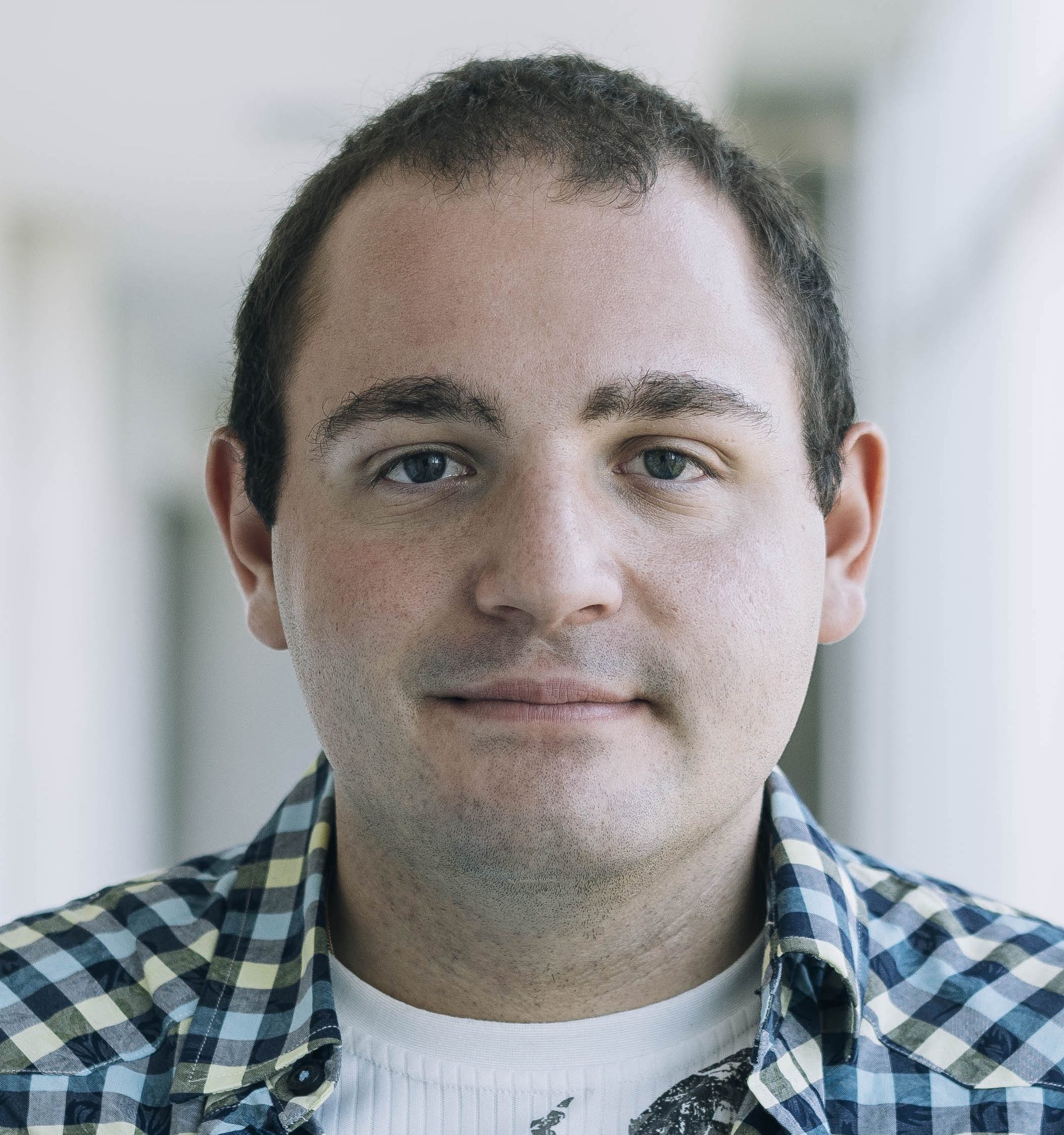Cited By
View all- Smith DPoulsen SEmeka CWu ZHaynes-Magyar CZilles C(2024)Distractors Make You Pay Attention: Investigating the Learning Outcomes of Including Distractor Blocks in Parsons ProblemsProceedings of the 2024 ACM Conference on International Computing Education Research - Volume 110.1145/3632620.3671114(177-191)Online publication date: 12-Aug-2024
- Logacheva EHellas APrather JSarsa SLeinonen J(2024)Evaluating Contextually Personalized Programming Exercises Created with Generative AIProceedings of the 2024 ACM Conference on International Computing Education Research - Volume 110.1145/3632620.3671103(95-113)Online publication date: 12-Aug-2024
- Paredes-Velasco MLozano-Osorio IPérez-Marín DSantacruz-Valencia L(2024)A Case Study on Learning Visual Programming With TutoApp for Composition of Tutorials: An Approach for Learning by TeachingIEEE Transactions on Learning Technologies10.1109/TLT.2022.322612217(498-513)Online publication date: 1-Jan-2024



